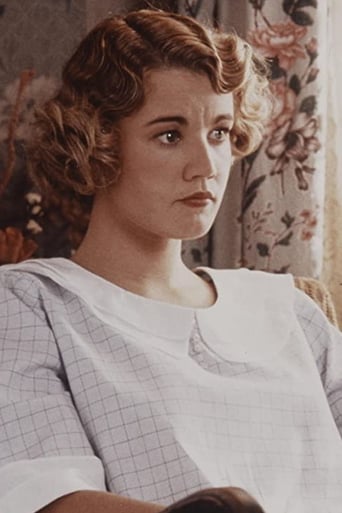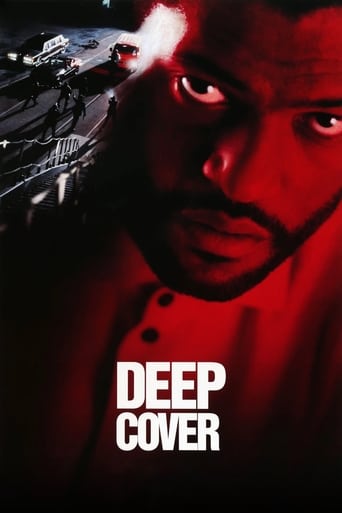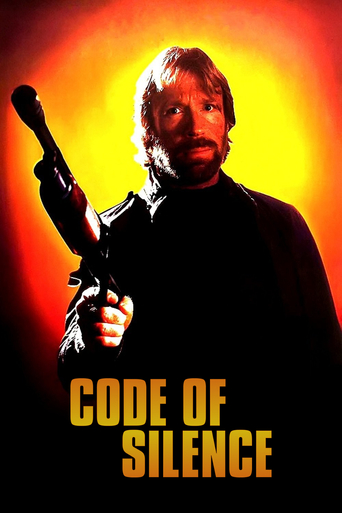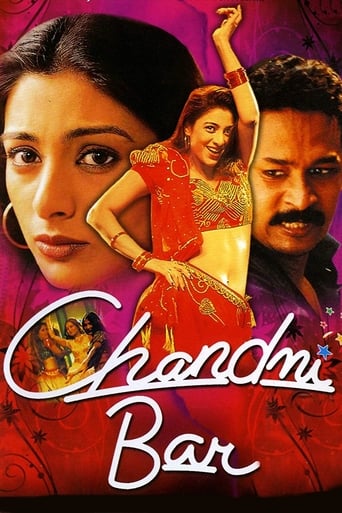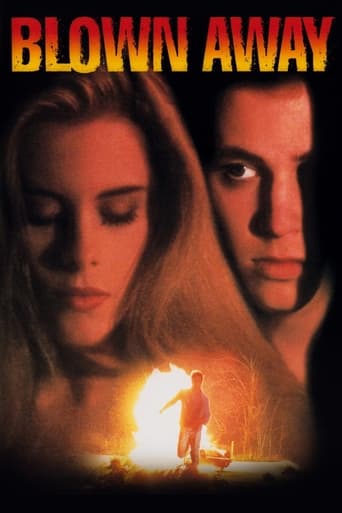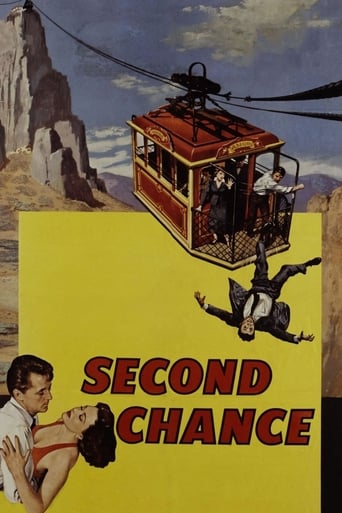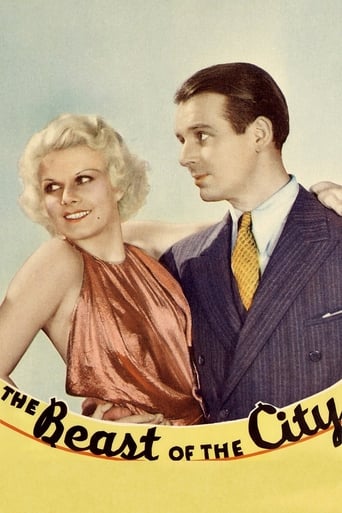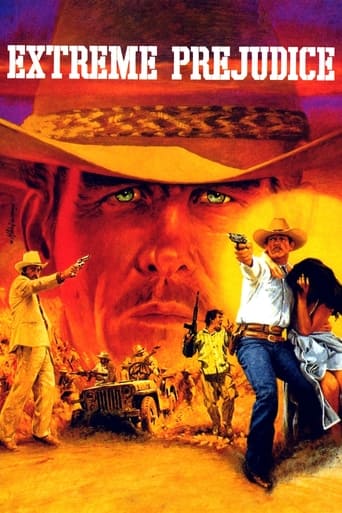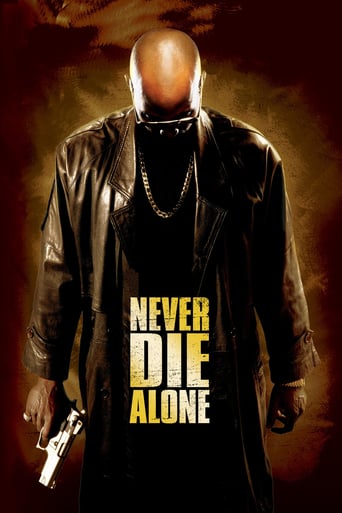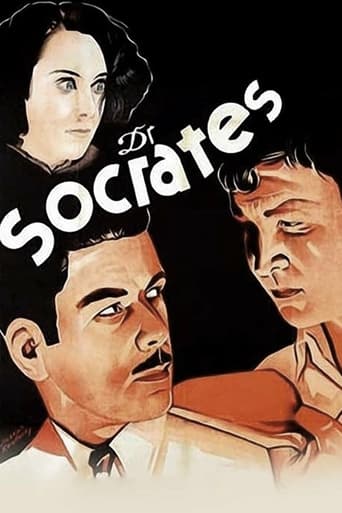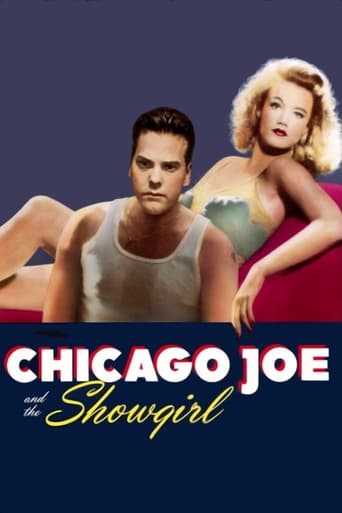
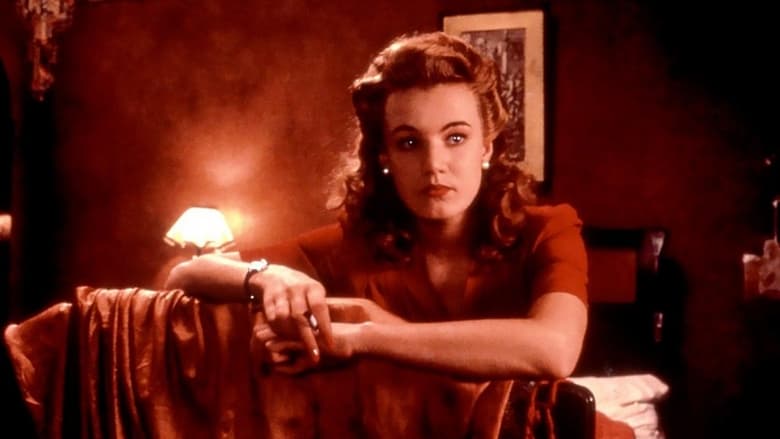
Chicago Joe and the Showgirl (1990)
During World War II, an American serviceman in London decides to impress his English girlfriend by acting as an American gangster, which soon turns deadly.
Watch Trailer
Cast


Similar titles
Reviews
David Yallop's "Let him have it" was riddled with inaccuracies and half - truths,consequently I approached "Chicago Joe" with some trepidation only to find that here he has got most of the facts right only for the entire movie to fall victim to the 1990's fad for faux 1940's retro,failing to grasp the most elementary fact that people during the second world war neither looked,spoke nor behaved anything like they would half a century in the future.Mr K.Sutherland is,brutally,nothing like a G.I deserter,rather he is a time - traveller visiting the past and trying to fit in to avoid discovery.Miss E.Lloyd, given the crutch of an accent to assume,does rather better as his moll/muse. In truth there was a good - sized community of American deserters centred around London and they would quickly have given "Chicago Joe" up to the Old Bill in order to divert interest away from themselves. Many of them were engaged in the second oldest profession with the sideline of rolling drunks and the less- hazardous "badger game" and the presence of an obvious psycho in their midst would have been bad for business. As "Joe"'s sad,pathetic sidekick,Miss Lloyd fulfills the promise shown in "Wish you were here",hiding vulnerability under a thin veneer of cynicism.Although perhaps not quite star - crossed lovers,they were certainly an ill - met couple,each egging the other on to further depravities until they take the final,irrevocable,step. As film makers grind their way through "Notable British Trials" they might care to study one or two of the well - known cases where subsequent investigation has given cause for concern rather than ones where the defendants richly deserved their fate.Take Dr Crippen for instance,there is absolutely no evidence that the remains found in his fireplace were those of his wife.....now that,surely,would be the starting point of an interesting movie...
CONTAINS SPOILERS THROUGHOUT. 'Chicago Joe and the Showgirl' is based on the true story of Karl Hulten and Elizabeth Jones. Hulten was a Swedish-born American GI stationed in England during WW2. Jones was a Welsh-born woman who had drifted through several professions, including striptease. When Hulten and Jones met (in October 1944), they embarked on a crime spree that lasted for only a few violent days.This is the same premise that's been told better elsewhere. Hulten and Jones had the same dynamic as Bonnie and Clyde, or Starkweather and Fugate (the couple who inspired the movie 'Badlands'). A cheap psychopath meets a girl who wants some thrills. She's aroused by the danger he represents. Her arousal emboldens him to increasingly violent acts.'Chicago Joe and the Showgirl' opens with an unseen American narrator informing us portentously that this story is absolutely true, and that nothing has been invented nor changed. This sort of statement activates my baloney barometer, but I felt better when I saw David Yallop credited as scriptwriter. Yallop is a brilliant journalist who has authored several true-crime books, impeccably researched and scrupulously accurate. As the opening credits rolled, I recognised the voice of the narrator: he is John Lahr, an American journalist based in London, likewise noted for scrupulous accuracy in his writing. Lahr does not appear on screen in this film, perhaps because his somewhat comical facial features would remind audiences of his father Bert Lahr. (Coincidentally, the two stars of this film -- Kiefer Sutherland and Emily Lloyd -- also had actor fathers.)I'm sure that Yallop knows far more than I do about the Hulten/Jones case, yet I spotted two inaccuracies. When Hulten and Jones first meet, he invites her to pick out a well-dressed woman whose fur coat Jones fancies, which Hulten then steals for her. Later, as they seek greater thrills, their crime spree escalates until Hulten murders a cabdriver. In real life, the coat Hulten stole off a woman's back was white ermine; in this movie, it's a darker fur. More crucially, the film reverses the order of these incidents: in real life, Hulten stole the fur *after* he murdered the cabbie, with Jones eagerly witnessing both crimes. I assume that the filmmakers deliberately reversed these incidents so that the couple's crimes would build up to the homicide that got them nicked.Emily Lloyd (Welsh by name but not by upbringing) makes a creditable effort to copy the working-class Neath accent of Elizabeth Jones. (Ironically, the real Betty Jones was not very good-looking, even by 1940s standards; the real Karl Hulten was far more handsome than Kiefer Sutherland.) Sutherland gives an impressive performance; in early scenes, he strides through London in a lieutenant's uniform and returns the salutes of enlisted men. Later, we learn that he's actually an AWOL private.This film's art direction is elaborate, yet wretched. Kiefer Sutherland's performance as a 1944 psychopath is compromised by his 1990 hairstyle. (U.S. Army soldiers in WW2 were not issued styling mousse.) Emily Lloyd and all the other women in this film have coiffures and make-up reflecting somebody's 1990 notion of 1940s retro, rather than actual 1940s styles. Women in wartime Britain had to improvise cosmetics or do without; it would have been nice to see some mention of that here. Yet I was impressed by a brief scene of an elaborate multi-tiered wedding cake ... made of cardboard, with a secret compartment containing the real and far less impressive (wartime) cake.At one point, the killers duck into a cinema to watch 'Double Indemnity'. (Was this movie screened in wartime England?) I dislike movies in which the characters attend a (better) movie that conveniently reflects their own situation.After the couple are arrested, the British authorities hand over Hulten to the U.S. Army for military trial. The film gets this detail right: Army lawyers deposed Hulten, then chose to give him back so the Home Office could try him in Crown Court. The movie's climax is utterly laughable, featuring the collision of two old-movie clichés. A line of helmeted and bewhiskered British bobbies (out of 'Dixon of Dock Green') face off against a line of trenchcoated American reporters with snap-brim trilbies and elaborate flashbulb cameras (out of 'The Front Page'). I expected the bobbies to twirl their truncheons and mumble 'Here now, what's all this, then?' while the reporters would grab candlestick telephones and shout 'Get me Rewrite!' Actually, this last scene isn't meant to be realistic: it's shown from Betty Jones's viewpoint, and she's now entertaining delusions of showbiz glamour. Still, this climax reminded me of several much better films -- the musical 'Chicago', 'King of Comedy' and especially 'Sunset Boulevard' -- in which a delusional criminal basks in imaginary stardom while Justice closes in.At the end, Lahr's narration returns to tell us the outcome: Hulten was executed in HM Prison Pentonville a few weeks before V-E Day. Betty Jones was given a long prison sentence, and eventually paroled. The grim truth is that this 'wild' couple, often deemed the British version of Bonnie and Clyde, were two very common criminals indeed. So were the real Bonnie and Clyde -- in their entire crime career, Bonnie and Clyde never stole as much money as Jesse James grabbed in a single hold-up -- but at least Bonnie and Clyde were brilliant at self-promotion, and they'll be famous for a long time. Hulten and Jones were cheap and worthless, and they deserve to be forgotten. So does this movie, which I'll rate 3 out of 10.
I don't understand why most people don't like the film or even find it boring! It is one of my favorite films! I admit I don't know much about the true case, but I can tell you about the film as a fictional story: It is one of the most atmosperic films I know. The pictures are great. London's empty streets at night in wartime... the art directing really gives you the feeling of the time and place. The music, often pieces by Benny Goodman are brilliantly used to support situations and also of course is historically very well fitting. The dance scene is the most intense swing dance scene I have ever seen on film and I have seen all the Fred Astaire movies! The directing is very interesting and a bit experimental. It gives you a brilliant view into the inside of the characters. Georgina dreaming about fame and adventure likes to see "Ricky" as a really cool gangster, and herself with him as his stylish girl in his elegant car, -so we suddenly see them like that. It's an interessting and thrilling effect, not at last because especially Kiefer plays beautyfull with his charakter and the different ways he can be seen by Georgy, his actual girlfriend or the viewer. Also you get a really strong connection to Kiefer's character. I really started to feel sick and associated with him, feeling the nightmare, that he was in. Georgy is well played too, you get her childish curiosity and passion for danger, adventure and power, which is kind of charming at first, but then you also see her through "Ricky's" eyes as a demonic, dangerous killer, that is disgusting and terrifying in the same way as seductive. Even I, as being a woman can totally understand his conflict and the nightmare he is going through. I can not understand how this film can bore someone, I think it is a real treasure!
I agree with Jack Sommersby's comment that the film was boring, although he probably knows more about directing than I. However, the film somewhat chronicles what happened in this case and I think that Keifer did an OK job of portraying Hulten. In my opinion, the film would have been much better if it had shown Hulten's and Jone's trial at the Old Bailey, his subsequent hanging at the Pentonville prison, and her being sent to Holloway prison for life.Richard Clark has an excellent Web site that is just loaded with facts about the prison system and capital punishment in the U.K. going back to the early 18th century.This film is nowhere near the calibre of "10 Rillington Place" and "Let Him Have It."




